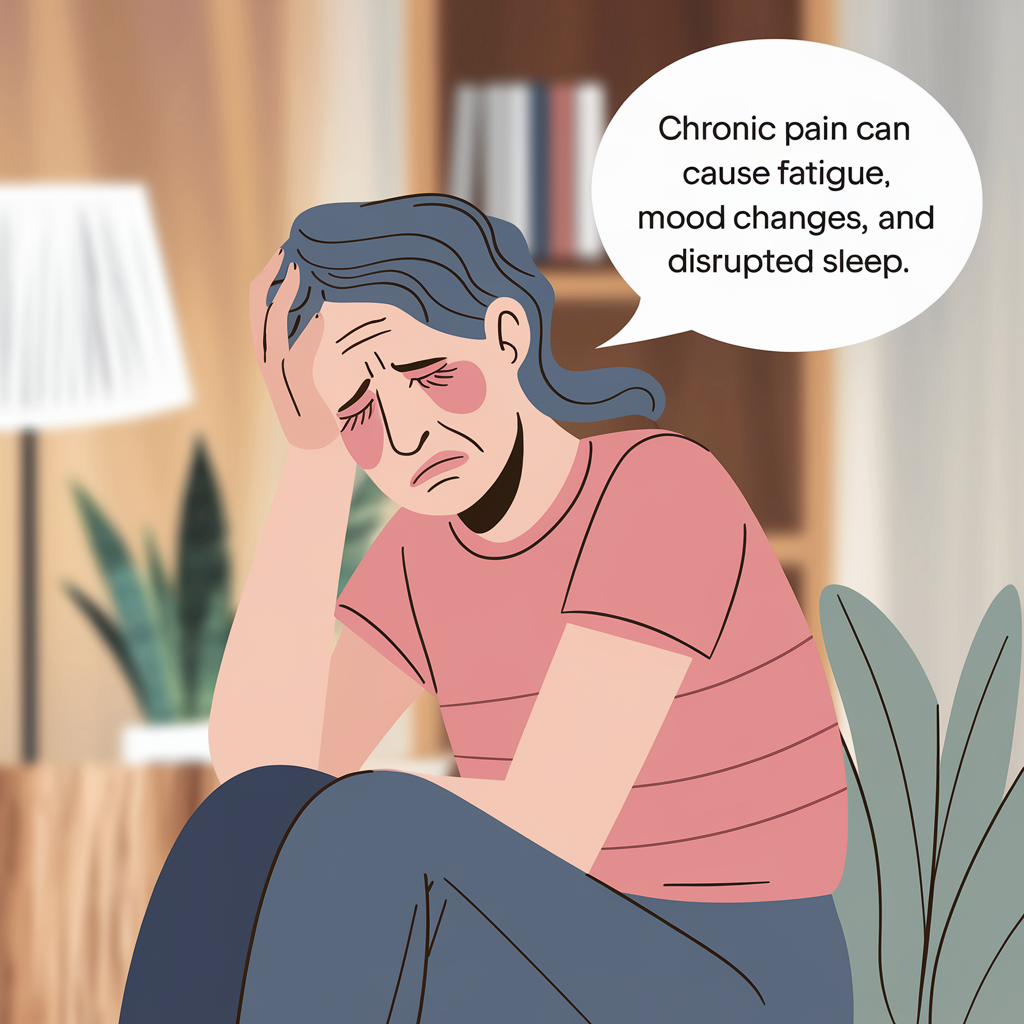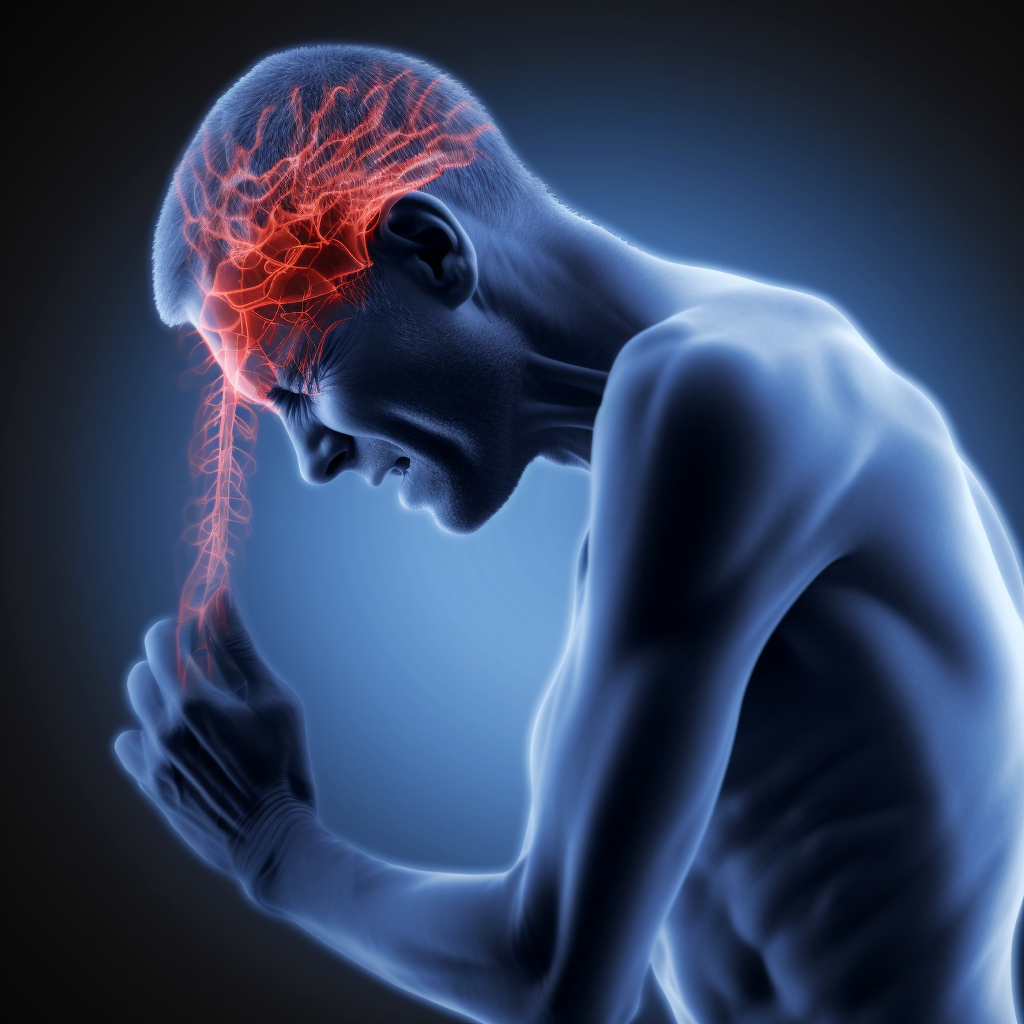
Chronic pain manifests differently for each individual, but understanding the common symptoms can help identify and manage this persistent condition effectively. In this article, we explore the intricate landscape of chronic pain symptoms, highlighting the diverse ways in which this condition presents itself. By familiarizing ourselves with these symptoms, we can take proactive steps towards finding relief and improving daily functioning.

- Persistent Pain: Chronic pain is characterized by ongoing or recurrent pain that lasts beyond the expected healing time. This constant discomfort is a hallmark symptom and can vary in intensity, location, and type.
- Achiness and Stiffness: Individuals with chronic pain often experience a deep and persistent achiness, as well as stiffness in the affected areas. This can make movement challenging and impact mobility.
- Fatigue and Sleep Disturbances: Chronic pain can cause significant fatigue and disrupt sleep patterns. Individuals may experience difficulty falling asleep, staying asleep, or waking up feeling unrefreshed, leading to daytime drowsiness and reduced energy levels.
- Mood Changes: Chronic pain often takes a toll on mental and emotional well-being. Individuals may experience mood changes such as irritability, anxiety, depression, or a sense of hopelessness due to the constant pain and its impact on daily life.
- Reduced Mobility and Functioning: Chronic pain can limit physical functioning and impact daily activities. Individuals may experience difficulty performing tasks that were once routine, such as walking, lifting objects, or engaging in hobbies and recreational activities.
- Sensory Changes: Some individuals with chronic pain may experience sensory changes. These can include heightened sensitivity to touch, temperature, or pressure, as well as tingling or numbness in the affected areas.
- Cognitive Difficulties: Chronic pain can also affect cognitive abilities, leading to difficulties with concentration, memory, and decision-making. This “brain fog” can impact productivity and overall cognitive functioning.
- Emotional Distress: Living with chronic pain often brings emotional distress. Individuals may experience feelings of frustration, anger, or sadness due to the limitations and challenges posed by the pain. This emotional burden can further exacerbate the pain experience.
Conclusion: Recognizing and understanding the diverse symptoms of chronic pain is crucial for effectively managing this condition. If you resonate with these symptoms, it is important to seek medical attention for an accurate diagnosis and personalized treatment plan. Remember, chronic pain is a complex and individualized experience, and finding relief may require a multi-faceted approach that combines medical interventions, lifestyle adjustments, and psychological support. By addressing the symptoms head-on and seeking appropriate care, individuals can work towards managing chronic pain and improving their overall well-being.
As an Amazon Associate we earn from qualifying purchases through some links in our articles.




